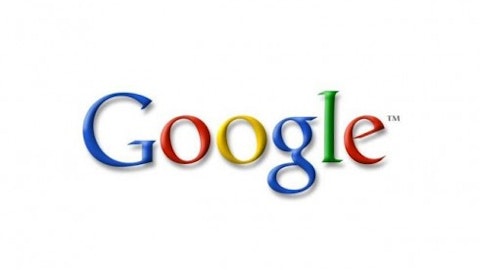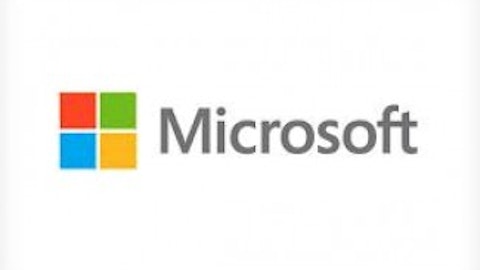If you are looking to invest in tech, I recommend being willing to accept the fact that the market is more likely to go the opposite way you believe it should go. Few industries are as susceptible to emotion as is technology. Below, I provide a long-term vision on Google Inc (NASDAQ:GOOG) and Facebook Inc (NASDAQ:FB) despite how volatile the short-term can be.
It’s no secret that Google has performed well for several years, and I would attribute this to proper timing in product launches and the ability to successfully convert traffic into revenue. Not long ago Google Inc (NASDAQ:GOOG) ventured into social networking when it introduced Google+, its social networking site. Since its launch, the site has seen the number of users increase rapidly, and it now ranks second in social networking activity behind Facebook. While many have likened Google+ to “a virtual ghost town,” a point even I can attest to in light of the company constantly trying to connect me with new friends, I believe this will change when Facebook is seen as a fad. The amount of active users has declined in the United States and United Kingdom–two key geographies–over the last twelve months by around 2%. In my view, this is a good indication that the Facebook fad is indeed dying. By the close of last year, Google+ had 343 million active users.
Further, Google Inc (NASDAQ:GOOG) is considered to better at converting traffic into revenue compared to Facebook. Due to the growing popularity of Google+, advertisers ranked the site in the top five marketing sites category behind Twitter and Facebook.
Readers may be surprised that I am focusing this article on Google+ when there is simply so much to talk about with Google. The reason why I am emphasizing it is because I believe it reveals something behind behavioral economics. Not too long ago, the Apple Inc. (NASDAQ:AAPL) bulls were adamant that no one would replace iOS as the go-to mobile operating system. And few would expect that Google would take its place. Well, Google Inc (NASDAQ:GOOG) now has a commanding lead in the mobile operating space through Android–it just needs to work on monetizing it. With plans to release the X Phone, the company is looking like it is just about to do that. If it can integrate Google+ successfully into the X Phone, it is very likely to get customers to shift away from social networking. Mobile users can be very fickle in the sense that they use apps based on newly-accepted concepts of “convenience.” Just like how texting used to be popular, the introduction of new apps changed that. And Google Inc (NASDAQ:GOOG) can change it yet again, especially if it has joint control through a mobile operating system, a phone, and a strong package that includes Gmail, YouTube, and, yes, Google+.
According to the fourth quarter earnings report by fFcebook, the average number of everyday mobile users grew by 25%. Despite this encouraging growth, Facebook reported that quarterly profits declined by the double-digits–a point I’m surprised more analysts aren’t pointing out. They attributed this decline to tax expenses and compensation, but this is just obfuscation for a fact that I made earlier: The underlying business is eroding from competition. Competitive pressures perhaps can be best seen in how Facebook’s margins reduced by a whopping 15 percentage points–from 48% in the previous year to 33%.






